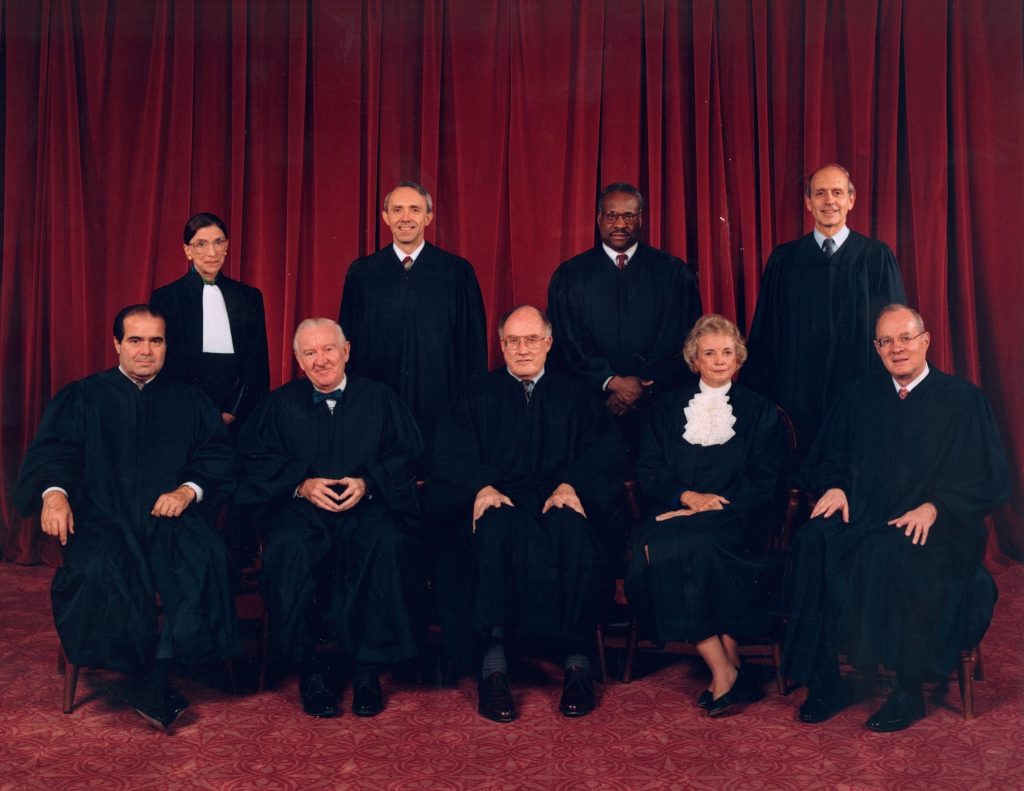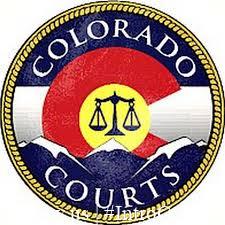




In the early 1990s, several cities in Colorado prohibited discrimination on the basis of sexual orientation in housing, employment, and public accommodations. These local ordinances proved to be unpopular statewide. In 1992, the people of Colorado adopted Amendment 2 to the state constitution. This provision repealed the local ordinances, and banned the enactment of new laws that prohibited discrimination on the basis of “homosexual, lesbian, or bisexual orientation, conduct, practices or relationships.”
Amendment 2 was challenged in state court. Colorado contended that Amendment 2 was not discriminatory. Rather, the state argued that Amendment 2 put gays and lesbians in the same position as everyone else. That is, the Amendment only denied gays and lesbians “special” rights. The Colorado Supreme Court held that this classification on the basis of sexual orientation triggered strict scrutiny under the Equal Protection Clause.
The Supreme Court affirmed the state court, but on a different rationale. The Justices split 6-3. Justice Kennedy wrote the majority opinion on behalf of Justices Stevens, O’Connor, Souter, Ginsburg, and Breyer.